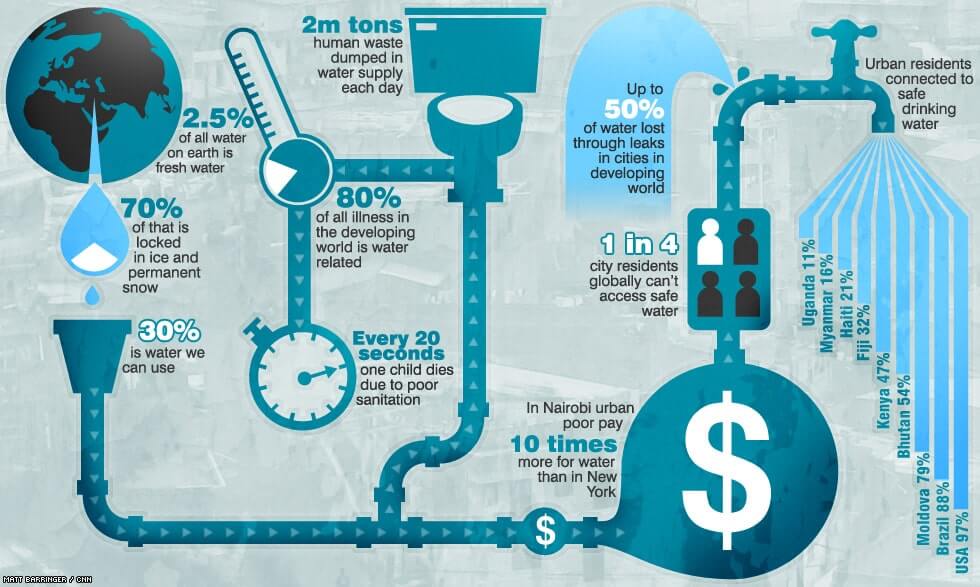Heat Pump Vs Furnace - Which Is The Better Home Heating Option For Your Home?
Heat Pump Vs Furnace - Which Is The Better Home Heating Option For Your Home?
Blog Article
Write- linked website Developed By-Huynh Sims
Many home owners recognize with furnaces, which heat homes with oil or natural gas and press hot air via ductwork. They are relatively economical and can provide reliable heating even throughout a winter months power outage.
However, they use fossil fuels and produce carbon monoxide and various other air contamination. They also aren't as energy-efficient as a high-efficiency heat pump.
who installs heat pumps near me , heat pumps are much more budget friendly to run than heaters. They normally use electricity and refrigerant to remove warmth from outside air, and then transfer it into your home. You can take advantage of more affordable electrical energy prices throughout off-peak hours to further decrease your home heating prices.
Unlike heat pumps, gas or wood-burning heating systems utilize combustion to produce heat, releasing flue gases right into the environment that can be harmful to your health. These heating systems are likewise less energy-efficient than heatpump, and their greater operating expense can accumulate over time.
Furnaces are much more complex than heatpump and call for regular upkeep to ensure the proper feature of all components. In spite of this, they have a tendency to last longer than heatpump with a normal life expectancy of 20 years or even more. However, you'll need to factor in the expense of gas, fuel oil or wood and the extra equipment required for installation and procedure such as ducts and air flow systems.
Power Effectiveness
Heat pumps have a higher energy effectiveness rating than heating systems. These systems make use of electrical energy to scavenge warm from the air, also in freezing temperatures. They can likewise eliminate excess warm from the home throughout warmer months and reuse it to cool the system. Service provider professionals can assist you identify the most effective version for your home based on climate and resource energy expenses.
Furnaces melt gas oil, propane, natural gas or various other kinds of fossil fuel to warm the air in the home. This air is after that spread via ductwork making use of a big follower. Heaters create greenhouse gases and need normal maintenance and devices upgrades to make certain secure operation.
The greatest advantage of a furnace is that it can be run even in rough wintertime conditions because it does not depend on exterior temperatures to warm the air. Furnaces additionally have a longer life expectancy than heat pumps and typically last 15 years. They can likewise be paired with double fuel options, which select one of the most reliable home heating option based upon the weather condition.
Environment
Heat pumps function well in moderate environments and use much less resource power than heaters. Nevertheless, if your region is remarkably cold, you might need to buy a common gas heater rather.
Heating systems offer cozy, cozy warm and generally offer quick heating to increase indoor temperatures. These systems can be utilized with a selection of fuel kinds, consisting of gas, gas, oil or power.
They consume more energy than heat pumps-- approximately 3x as much-- and need ductwork that's expensive to install or retrofit. They're also more costly to preserve, as they can trigger air high quality problems and generate greenhouse gas emissions.
If you're committed to decreasing your carbon impact, a heatpump is an excellent option for your home. They have fewer greenhouse gas exhausts than heating systems, especially if you choose a power STAR ® heatpump. Your local Provider expert can clarify the distinctions in between these 2 furnace and aid you make the best choice for your distinct demands.
Individual Preferences
Heating systems can be really power reliable when powered by gas, propane or oil, however they aren't as power effective as heatpump in icy environments. They can likewise be much more pricey to set up, calling for gas lines and air flow systems.
However, heating systems have a tendency to need much less maintenance, which can cause reduced continuous costs. They create less greenhouse gases and are a lot more reliable than heat pumps throughout extreme weather.
https://docs.google.com/spreadsheets/d/1QamJmgvCoo2gPNMF6CLm1hIOPmKaJ4V4g2VF7xUhWbQ/edit?usp=drive_link are much more versatile in producing interior comfort due to the fact that they can also work as ac system during warmer months. They can be easier to maintain, calling for only routine air filter adjustments and periodic vacuuming.
If you favor the comfort of a solitary system that does it all, take into consideration a hybrid heating option that pairs a heating system with an electrical heatpump. These systems can instantly change in between both heating choices based upon your home's requirements and temperature conditions, optimizing efficiency and savings.